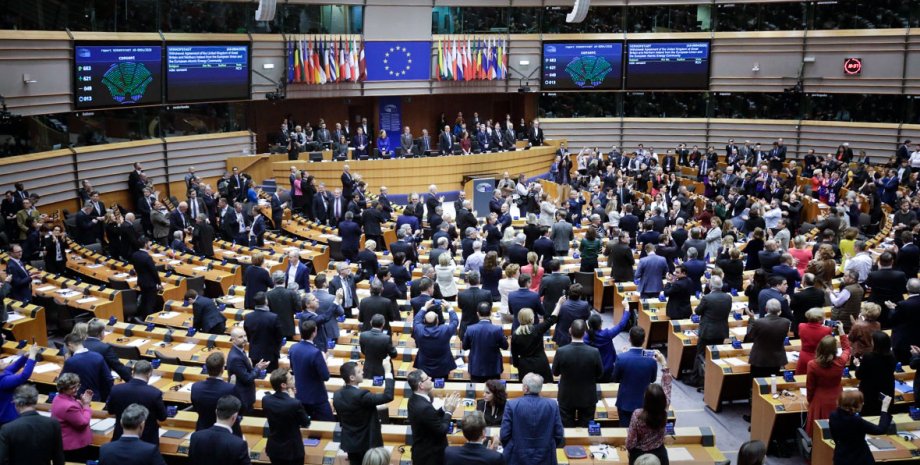Several European Union member states today, 4 May, set up an inclusive group to make voting by qualified majority on EU common foreign and security policy more efficient, according to the German Foreign Office website.
The group was established to ensure that important EU foreign policy decisions are taken more quickly and efficiently.
This is more relevant than ever in times of Russia’s war of aggression against Ukraine and the growing international challenges facing the EU. This group now includes Belgium, Finland, France, Germany, Italy, Luxembourg, the Netherlands, Slovenia and Spain.
According to an official statement, the Group of Friends seeks pragmatic, concrete progress in foreign and security policy decision-making processes based on provisions already contained in the EU Treaty.
Membership in the group is open to all member states interested in improving decision-making processes in EU foreign policy, in particular through qualified majority voting.
The Group of Friends also pledged that it would openly share the results of its deliberations with all member states of the union.
There has been talk of abandoning the principle of unanimity in the EU for a long time. Some countries, in particular Hungary, have often misused this principle to block international policy decisions.
The abolition of the unanimity principle in the EU began to be discussed last year amid problems with the adoption of sanctions against Russia. In September 2022, EU foreign ministers discussed abolishing or limiting the unanimity principle when voting on such issues. Any country in the bloc can now veto sanctions.
A mechanism was then under consideration to move from unanimity to a majority vote in the EU Council without the need to change EU treaties. However, in order to override or limit the veto power, all countries must support the decision.
The EU is scheduled to unveil a new package of sanctions against Russia next week.


